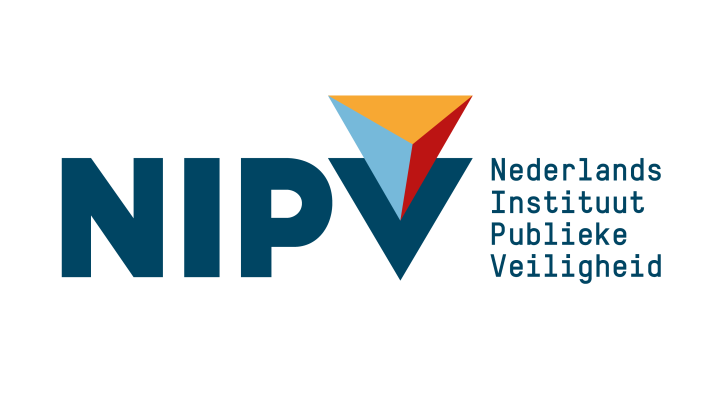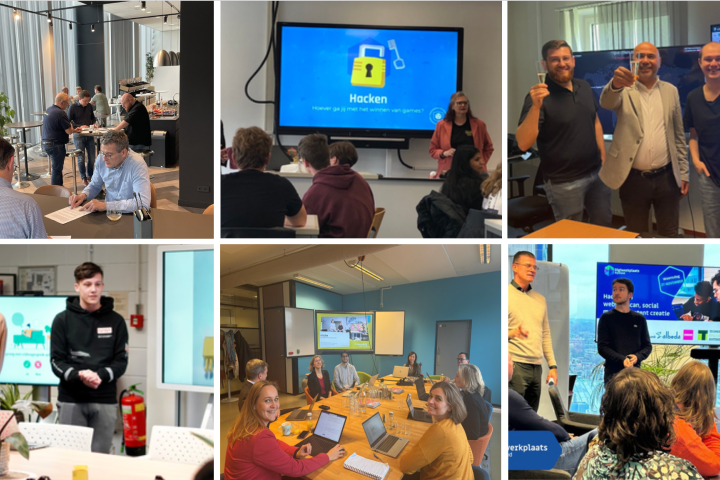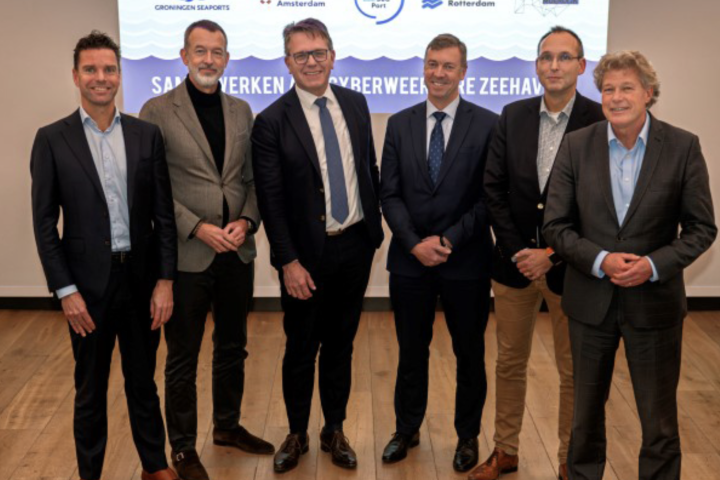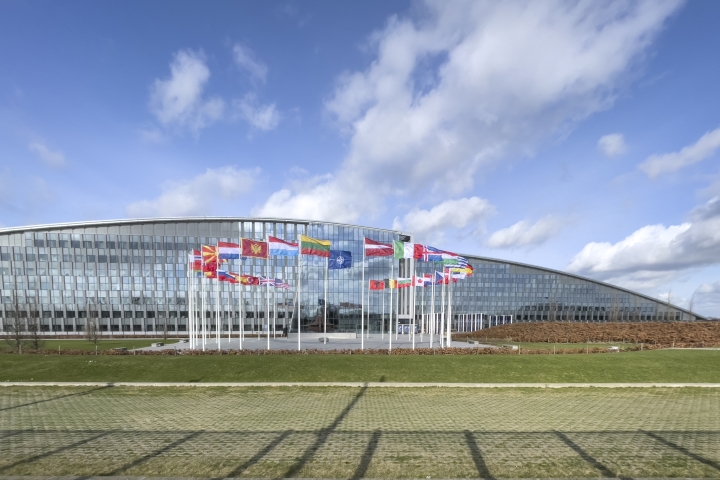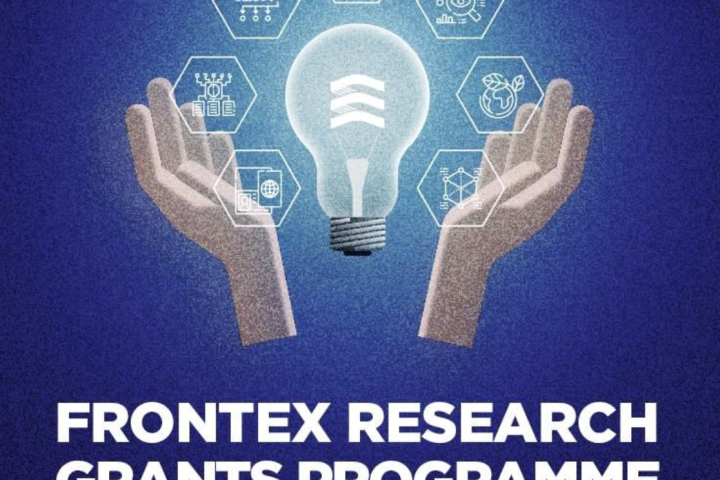New Security Council Report About the Approach on "Unknown Crises"
Commissioned by the Security Council, the IFV and Crisis Plan have investigated the consequences and approach of "unknown crises". This could include large-scale cyber disruption, the outbreak of (new) infectious diseases or the consequences of extreme weather. The research focuses on social disruption as a possible effect of such a crisis. "In order to minimize the chance of social disruption, we advise the security regions to invest in various forms of resilience," says lecturer Crisis Management Menno van Duin.
Our society is vulnerable to disturbances. Due to the increasing interdependence and complexity of critical systems, small disruptions can have major effects on several sectors at the same time.
Arjen Boin of Crisisplan: "The government is preparing for many types of crisis scenarios, but what if the scenario is different and perhaps larger than expected? If social disruption can even arise? We have investigated the causes, dynamics and effects of social disruption and how security regions can prepare themselves for this in the best way. We did this on the basis of a fictional cyber scenario."
Recommendations to safety regions
The researchers make the following recommendations to the safety regions to strengthen resilience:
- Choose resilience: explicitly discuss the desirability of resilience.
- Improve detection and monitoring: monitor and indicate the 'wind chill of society' in response to the failure of facilities.
- Work on administrative resilience: focus education, training and exercises for directors and operational leaders on this form of strategic leadership.
- Work on institutional resilience: make a network analysis based on the contribution of various civil society organizations and companies to crisis management; make appointments and develop a strategy to maintain that network.
- Work on social resilience: structurally identify which volunteer networks exist and what the willingness is to participate in activities in the field of preparation, response and post-phase. It is also about creating connections and new structures.
- Think through planning capabilities: Create plans that support strengthening resilience. This could include a 'baseline measurement of resilience' and a 'program plan to strengthen resilience'. Regions can find it most desirable to jointly develop a model that works for them.
The full report can be read here
Source: IFV





